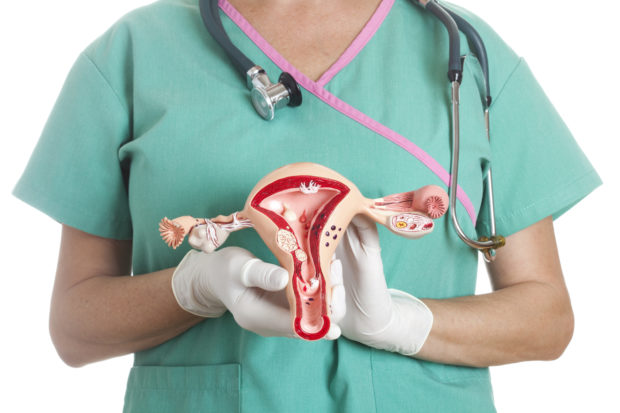Postmenopause may favor microbiota associated with endometrial cancer — study

Endometrial cancer is the 15th most common cancer in women worldwide. Image: ericsphotography.Istock.com via AFP Relaxnews
American researchers at the Mayo Clinic have identified a vaginal microbiota signature linked to endometrial cancer, which they believe to be partly promoted by postmenopause.
Endometrial cancer is detected when there is an abnormal proliferation of cells on the lining of the uterus. People who are obese, overweight, diabetic or post-menopausal are most at risk of developing this form of cancer.
As they are sensitive to these risk factors, the vaginal microbiota, i.e. all the microorganisms that populate the vagina, could play a role in screening for this cancer, particularly in post-menopausal women, say scientists at the Mayo Clinic in Rochester, United States, authors of a new research study published in Scientific Reports.
In 2017, this same team of researchers discovered differences in the uterine and vaginal microbiomes between patients with and without endometrial cancer in a uterine microbiome study, which was published in the review Genome Medicine.
Postmenopause is a key risk factor for endometrial cancer
This new research aims to understand the impact of patients’ risk factors (post-menopause and obesity) on the composition of vaginal microbiota. Based on the results obtained in the previous study, the researchers recruited women who had undergone a hysterectomy following endometrial cancer or a benign uterine condition at the Mayo Clinic.
Overall, the team reviewed and confirmed the major known risk factors for endometrial cancer (post-menopausal status and obesity) and identified high vaginal pH as an additional risk factor for endometrial cancer.
All these factors were found to impact the reproductive tract microbiome by increasing its diversity and reducing the dominance of lactobacilli species. The team also identified postmenopause as a key factor of several microbiota associated with EC.
“We have determined that all of these factors impact the reproductive tract microbiome, further identified post menopause as a key factor, and are looking ahead to discuss potential translational applications of this knowledge, which may bring new approaches to address current health disparities in endometrial cancer,” said Dr. Walther-Antonio, who led the study. CL/JB
RELATED STORIES:
Becoming obese earlier in life linked to increased risk of type 2 diabetes
Genetics a poor predictor of risk for most diseases, study suggests